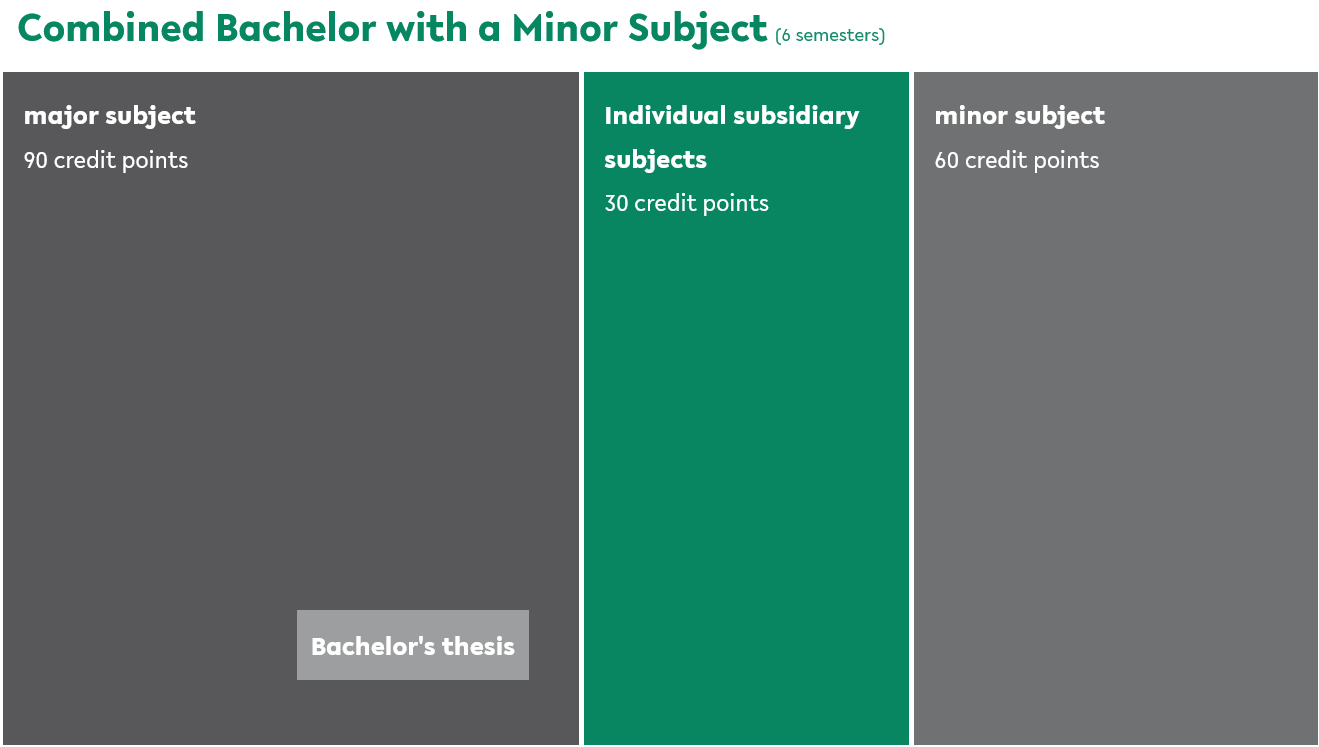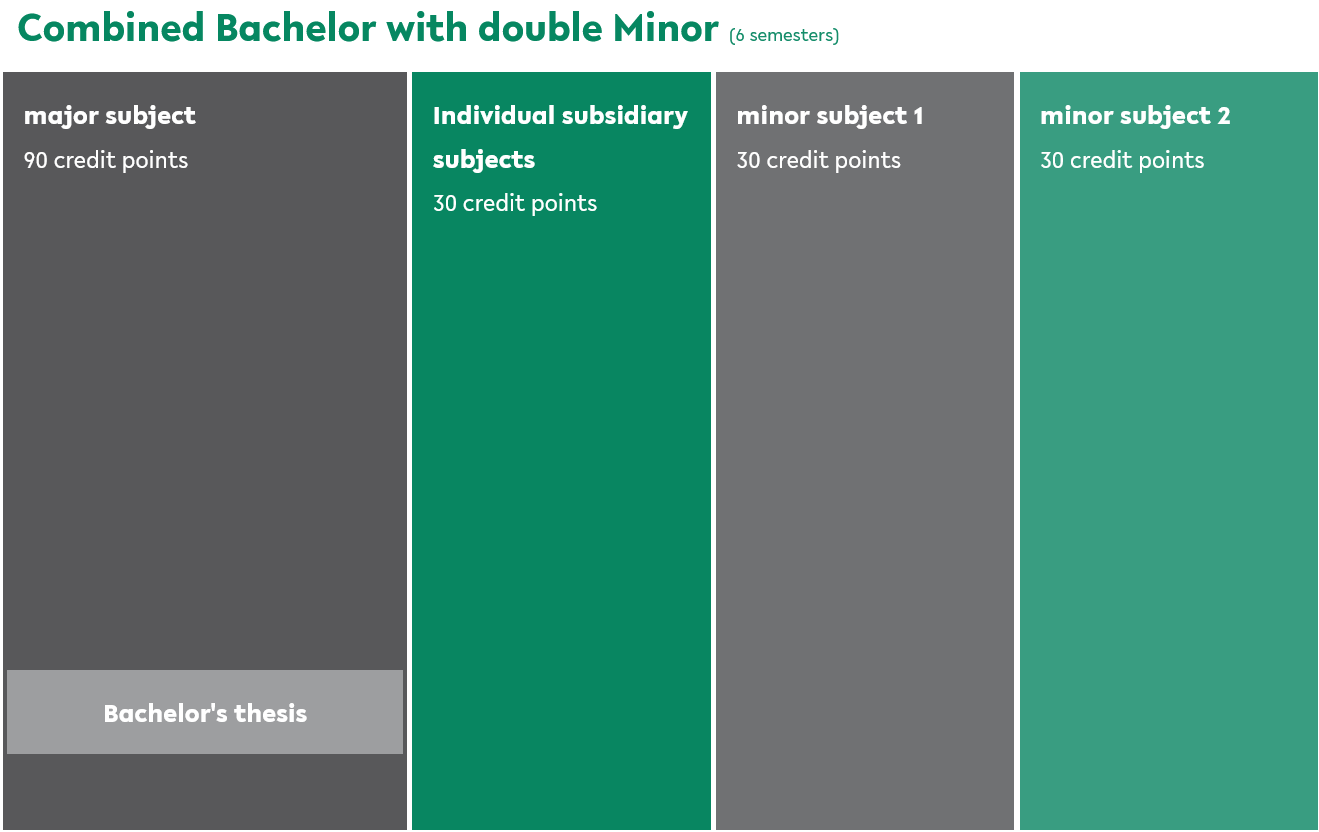FsB vom 21.05.2021
 Bachelor of Arts
Bachelor of Arts
 winter semester&summer semester
winter semester&summer semester
The programme provides the linguistic and methodological foundations for independent work in various research and applied fields of linguistics, equipping students for careers both within and outside academia. It is based on a broad linguistic foundation, covering the key core and applied areas of linguistics. A key focus is on teaching methods of linguistic research.
In the bachelor's programme, students can choose from three specialisations. In the ‘Language’ specialisation, students acquire skills in the areas of language description and language comparison with a focus on phonetics and grammar. In the ‘Language and Cognition’ specialisation, models of language comprehension and production and the associated mental processes, such as perception, cognition and memory, can be learned. The specialisation in ‘Communication Analysis’ focuses on the study of language in interaction and teaches skills in the qualitative analysis of conversations, texts and discourse.
Career opportunities are available in fields where the investigation and optimisation of language processing are central (e.g., academia, speech technology, dialogue research), where strong methodological skills are required (e.g., market research, opinion research), where the relationship between language and cognition is emphasised (e.g., media, advertising, marketing), and in the area of language and grammar description (e.g., language teaching, documentation, linguistic research).
 The courses
The courses
You will find the programme of lectures for this course in the eKVV.
An overview of the introductory and information events is provided by the central student counselling services.
 Course start
Course start
Studies can be commenced in both winter and summer semesters. Courses are targeted to commencing studies in winter semester. Student counselling to plan the course of studies is recommended.
 Length and scope of studies
Length and scope of studies
The standard period of studies is 6 semesters. Information on studying part time can be found on the following webpage.
The studies Major Subject (Academic) Linguistics comprise 120 credit points.
Find out about the academic structure model and note the possible combinations as well as the rules regarding the individual supplementary area.
 Access requirements
Access requirements
Access to the Bachelor programme is granted to those who have a university entrance qualification suitable for Germany (e. g. German ‘Abitur’).
Special conditions apply to applicants with a foreign certificate of education.
Likewise, special conditions apply to those qualified in vocational education and training.
 Application, admission and enrolment
1
Application, admission and enrolment
1
The study places are not subject to any admission restrictions (numerus clausus). Nevertheless, you need to apply within the currently applicable application deadlines. Afterwards, however, you can submit your application for enrolment directly in the application and status portal, provided that you meet the access requirements.
Step by step to a bachelor programme without NC
To the application portal
Special conditions apply to applicants with a foreign certificate of education.
Likewise, special conditions apply to those qualified in vocational education and training.
 Possible Combinations
Possible Combinations
This subject can be combined with the following subjects in the Combined Bachelor's Degree:


 Further links
Further links
Internet pages of the subject Linguistics
Internet pages of the responsible institution(s):
Faculty of Linguistics and Literary Studies with the courses offered
The information on admission restrictions / numerus clausus (NC) refers to applications for the winter semester 2025/26 and summer semester 2026.
Information on NC values from previous years
 Bachelor of Arts
Bachelor of Arts
 winter semester&summer semester
winter semester&summer semester
Individual subsidiary subjects